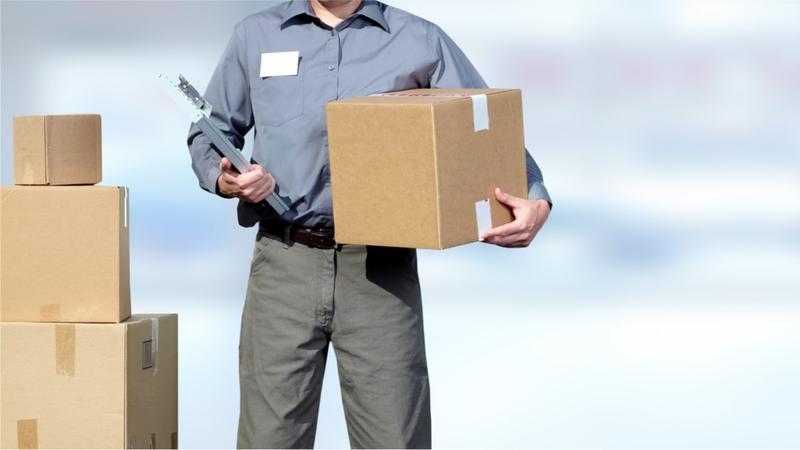We've all heard the horror stories about the moving company that lost or broke that precious family heirloom; the companies that dropped the TV, forgot things at the old place, or showed up with an undersized moving van and an ill-equipped staff of one. With so many moving companies out there, how do you know which one's reputable? Who can you trust to move your belongings from one place to the next?
The Canadian Office of Consumer Affairs (OCA) has established not only a list of Good Practice Guidelines for Canadian Movers that reputable moving companies should abide by, but also a consumer checklist to help you determine which questions to ask before you sign any moving contract.
It also is a good idea to read any reviews, complaints and testimonials that you can find online. Services like Yelp and HomeStars should get you started.
Preliminary questions
Whether you're moving down the street or across the country, a good moving company should be able to answer any questions you may have. According to the OCA, you should always ask:
Does the company know about and abide by the terms of the Good Practice Guidelines for Canadian Movers? Will the company provide a pamphlet outlining their responsibilities as well as information about liability? Is the company insured? Get the name of the insurance company and the policy number Does the company have and use its own equipment, or does it sub-contract the services? If it sub-contracts, get the name of the company, a history of their record, and references Does the company have its Workers' Compensation Board certificate? If not, it's possible you may end up paying for any injuries assumed during your move
Estimates from moving companies
When getting an estimate from a company, make sure the quote appears on company letterhead, and includes the:
delivery date, the full name of the person you got the quote from, and full contact information of the moving company
estimated total number of boxes to be moved, and the size and value of items
cost per hour or flat rate payment information, the date of the move, and how long the move is estimated to take
You'll also want to ask:
Does the mover charge GST or accept payments other than cash? If a deposit is required? Will it be put in trust as per some provincial requirements? Is it refundable?
Always get estimates from more than one company. Be wary of quotes that are significantly lower than others, as this may indicate subpar service, and avoid companies that don't charge GST or accept multiple methods of payment.
Make sure you give the mover full information including precise location information of both residences, and any information pertaining to obstacles such as stairs and escalators. You may request acknowledgement of these obstacles in writing to avoid additional and unexpected costs.
Long distance moves
If your move will take more than one day, you'll want to learn more about the storage facilities that will be used to house your belongings overnight. If possible, you may even want to visit them. In the event of a long distance move, a reputable mover will want to inspect your belongings before providing an estimate. Be wary of any moving companies that say this isn't necessary of a long-distance move, or who only give quotes out by telephone. Also be sure to ask:
Will the belongings be kept in a secure facility if they're left in a moving van overnight? What storage facility will be used? If crossing a border, are any licences or documents required? Who prepares them?
Replacement value protection & Insurance
Call your insurance company to find out:
Does my existing household policy provide coverage during the move? If so, what is the deductible?
Then check in with your moving company to find out:
Do you offer Replacement Value Protection? What is the cost of Replacement Value Protection? This is an additional insurance cost where the company agrees to be legally liable up to the amount your belongings are estimated to be valued at. Can you provide written material explaining how Replacement Value Protection Works? What is the claim process like? What is the time limit for making a claim? Is there a difference in liability for owner-packed boxes versus mover-packed boxes?
Without Replacement Value Protection, the OCA says a moving company is generally only liable for up to 60 cents per pound of lost or destroyed articles, meaning they'd only be liable for $30 for a typical television set, for example.
Moving boxes
Depending on the moving company, the details of this coverage may depend on who boxed the items and what sort of boxes they're boxed in. Ask:
Who is responsible for packing boxes and does it impact liability if you pack the boxes yourself? Is there a certain type of box that should be used? Should boxes be sealed and labelled?
Print out this checklist and use it before hiring a moving company. Reputable companies are used to questioning and should be happy to answer any of your inquiries. For a full list of OCA recommendations and the Good Practice Guidelines for Canadian Movers set forth by the industry, click here.
